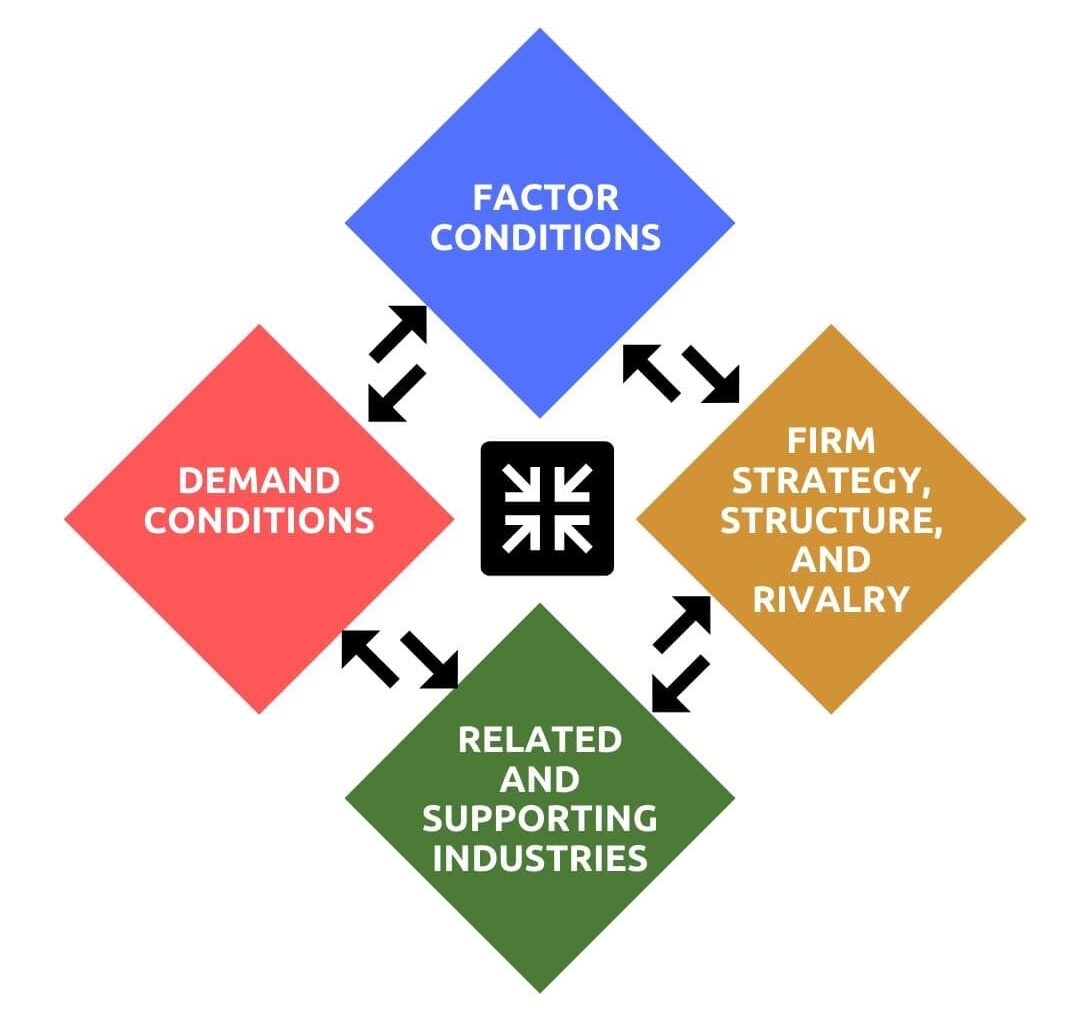In contemporary society, business organizations are taking on an increasingly complex and significant role. Some corporate giants control vast resources and possess enormous influence in human daily life. Especially when they enter areas such as health care and education, they can have a more deep relationship and powerful impact on society. However, the nature of business activities is to pursue the best interests and it could lead to some conflicts between different stakeholders. Thus, proper corporate governance needs to be used to ensure corporates continue operating on a normal track. In theory, corporate governance is a kind of system that could direct and control companies. The object of corporate governance is to make maximum profit for shareholders in the past. Unfortunately, it has been considered one of the most root causes of the governance crisis in recent times. On the one hand, excessive pursuit of share price performance has neglected Continue reading
Strategic Management
Strategic management is the art and science of formulating, implementing and evaluating cross-functional decisions that will enable an organization to achieve its objectives. It involves the systematic identification of specifying the firm’s objectives, nurturing policies and strategies to achieve these objectives, and acquiring and making available these resources to implement the policies and strategies to achieve the firm’s objectives. Strategic management, therefore, integrates the activities of the various functional sectors of a business, such as marketing, sales, production etc. , to achieve organizational goals. It is generally the highest level of managerial activity, usually initiate by the board of directors and executed by the firm’s Chief Executive Officer (CEO) and executive team.
Strategic Marketing Tools – Ansoff Matrix and BCG Matrix
Ansoff Product-Market Expansion Grid A useful planning tool in respect of markets and products is the matrix developed by Igor Ansoff, who is regarded by some as the ‘Father of Strategic Management’. Fully titled the Ansoff Product-Market Growth Matrix, the tool was first published in Harvard Business Review, 1957, in Ansoff’s paper Strategies for Diversification. The Ansoff Product-Market Expansion Grid or Ansoff Matrix helps to understand and assess marketing or business development strategy. Any business or part of a business can choose which strategy to employ, or which mix of strategic options to use. This is a fundamentally simple and effective way of looking at strategic development options. Each of these strategic options holds different opportunities and downsides for different organizations, so what is right for one business won’t necessarily be right for another. Think about what option offers the best potential for your own business and market. Think about Continue reading
Evaluation of Porter’s Diamond Model
In the globalization era, we observed an increment of multinational corporations as well as small businesses that aim to internationalize. Those, in order to be successful in their internationalization process, try to find abroad a location that fits them the most institutionally, culturally and opportunities wise. To make this happen, MNCs uses home and host location strategies which reflect to international business theories through different models. Those models assess external environment analysis of a specific country and explain the concepts used behind the chosen location. Out of the many useful models explaining location strategies used by international companies, this article will focalize on the Diamond Model and discuss whether is a useful concept for international firms to pursue the best entry mode and furthermore argue the advantages and disadvantages through the examination of a real case example such as the multinational IKEA. The Diamond Model was introduced in the book Continue reading
Reducing Resistance to Organizational Transformations
Every organization goes through a period of change and development at one time or another whether these be big organization mergers, such as companies being bought out such as when Coca-Cola bought Costa coffee for 3.9 billion pounds, or small changes such as an alteration to a software a company uses or the development and implementation of autonomous machinery that helps create an increase in productivity. It has long been argued that companies should apply a participative dialogical approach to manage these changes to help prevent resistance to these changes. However, there is the possibility that this will be resisted due to psychological reasons or self-interest. This essay aims to find out if psychological reasons or self-interest make it impossible to have a truly open and participative approach to organizational development? While looking at how leadership plays in to preparing and guiding through an organizational development. Despite probable positive results, Continue reading
Shareholder Wealth Maximization Vs. Stakeholder Interest
Until now, the discussion between shareholder value perspective and stakeholder perspective has still been argued critically. Some people think that stakeholder interest should be superior over shareholder wealth maximization, but others argue that shareholder wealth maximization should be the prime concern. However, it is obvious to realize that shareholder wealth maximization is the objective of a firm and shareholder wealth maximization should be superior over stakeholder interest in the concern of the both shareholder interest and stakeholder interest. Firstly, it is necessary to understand some definitions of shareholder, stakeholder and the theory of shareholder and theory of stakeholder. Why there has been many debates between two theories ? Shareholder is an individual or corporation owning stock in a public or private company. Shareholder decides the membership of the board of directors by making a vote. Maximizing shareholder wealth means maximizing the flow of dividends to shareholders through time – there Continue reading
Stakeholders Perspective on Corporate Social Responsibility (CSR)
There are various definitions proposed by various scholars for Corporate Social Responsibility (CSR), but still, it remains uncertain and is poorly defined with few explanations. First, the issues that a CSR must address should be easily interpreted so that it includes virtually everyone and everything. Second, with its unique, often particular characteristics, different stakeholder groups tend to focus only on specific issues that they believe are the most appropriate and relevant in organizations’ corporate social responsibility programs. Thus, the beliefs about what constitutes a socially responsible and sustainable organization depend on the perspective of the stakeholder. Although the most basic definition CSR describes it as a social obligation for an organization, which is conceptually and operationally diverse. Corporate Social Responsibility is the continuing commitment by businesses to behave ethically and contribute to economic development while improving the quality of life of the workforce and their families as well as of Continue reading



